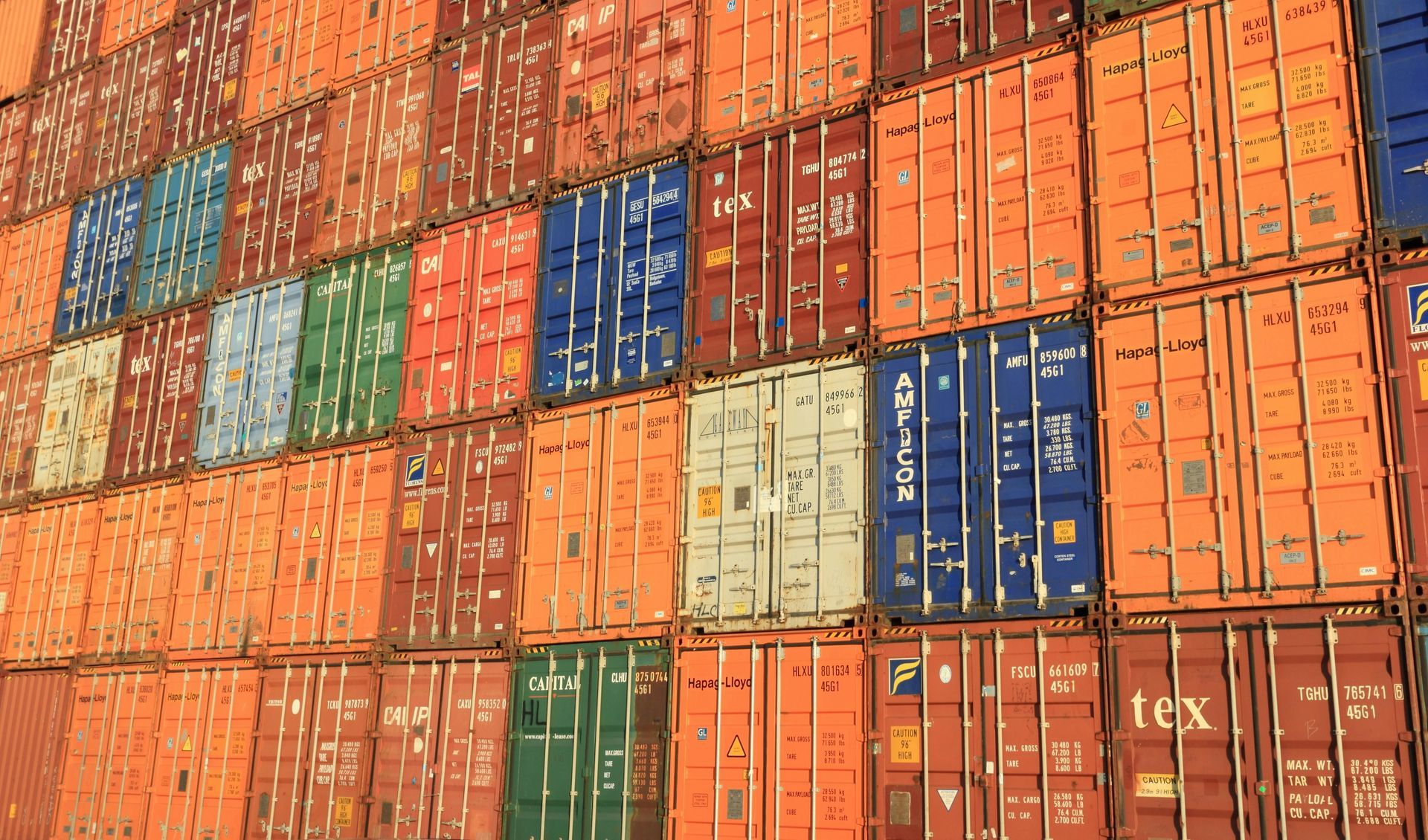Delivery Hero: Why Scaling Isn’t Always Winning
- “Land-grab” expansion without guardrails nearly blew up the balance sheet. Chasing market share across dozens of countries helped drive 22% revenue growth in FY2024, but also fueled a €2.3 billion net loss in FY2023, showing that scale at any cost can undermine corporate health.
- Ad hoc exits magnified the pain. The abrupt halt of the $950 million Foodpanda Taiwan sale and the collapse of Southeast Asia divestment talks not only triggered share-price drops but also pulled focus from core growth initiatives.
- Surgical market pruning unlocked the real turnaround. By pulling back from loss-making markets and enforcing strict unit-economics, Delivery Hero slashed net losses by 62% and nearly tripled adjusted EBITDA to €750 million in FY2024 proving disciplined capital allocation trumps unchecked scale.
In recent years, Delivery Hero has become a case study in how aggressive global expansion, if not backed by financial discipline and clear exit planning, can erode shareholder value. Once celebrated for its relentless growth in the food delivery market, the Berlin-based company has retreated from several markets despite significant prior investments to refocus on profitability.
From Growth Champion to Strategic Retrenchment
Founded in 2011, Delivery Hero quickly became one of Europe’s most prominent tech stories, expanding into dozens of countries and reaching a market capitalization of over €30 billion at its peak in 2021.[1]
Co-Founder and CEO, Niklas Östberg has always pushed for Delivery Hero to go beyond a simple marketplace and own the entire delivery chain, even though it meant heavy upfront capex and operational complexity. That bold move drove hyper-growth and service quality, but also set the stage for later when unprofitable markets had to be pruned.
By FY2024, Delivery Hero’s Total Segment Revenue rose to €12.8bn (+22% YoY) and adjusted EBITDA improved to €693m (vs. €254m in 2023).[2] However, once depreciation & amortization, interest, taxes and other items are included, the company still posted net losses of €2.30bn in 2023 and €0.88bn in 2024.[3]
The Retreats: What Happened?
Delivery Hero’s strategy of “winning every market at any cost” began to crack under competitive and regulatory pressures.
- Taiwan: Blocked by Regulators
A planned $950M sale of Foodpanda’s Taiwan business to Uber Eats in 2024 was blocked by Taiwan’s Fair Trade Commission on antitrust grounds.[4] Shares dropped 9% as a result of this deal falling through.[5]
- Southeast Asia: Failed Sale, Market Uncertainty
Delivery Hero initiated negotiations to sell Foodpanda’s operations in several Southeast Asian countries in 2023–24. Talks eventually fell through, forcing the company to reassess its presence in those markets.[6]
- Europe: Pulling Back
The company exited smaller European markets, including Slovakia and Denmark, to focus on more profitable geographies.[7]
Financial Discipline and Turnaround
Despite setbacks, Delivery Hero began tightening its focus:
- Net losses down 61.6% in FY2024 to €882.4M from €2.3B in FY2023.
- Revenue climbed 22% to €12.8B in FY2024.
- Adjusted EBITDA rose to €693M in FY2024, from €254M the year before.
This demonstrates that pruning unprofitable markets, though painful, can create room for sustainable operations.
Lessons for SMEs
Delivery Hero’s story offers critical lessons for SMEs and scale-ups:
- Align Growth with Profitability
Rapid expansion is tempting; but without clear profitability targets, it can quickly turn into a liability.
- Plan Exits in Advance
Have clear criteria for exiting underperforming markets to minimize sunk costs and protect core operations.
- Adapt to Local Dynamics
What works in one market may fail in another. Flexibility in pricing, partnerships, and compliance is essential.
Delivery Hero’s rise and retreat illustrate that scale, without strategy, is not sustainable. For SMEs, the message is clear: aggressive go-to-market strategies must be balanced with disciplined financial planning and well-defined exit strategies to weather unforeseen challenges.
Sources:
[1] https://stockanalysis.com/quote/otc/DELHY/market-cap/
[2] https://ir.deliveryhero.com/media/document/c38c7d53-cd6e-44de-8b1f-3559d5c43e6b/assets/DE000A2E4K43-JA-2024-EQ-E-00.pdf
[3] https://www.ainvest.com/news/delivery-hero-fy2024-turnaround-culinary-delivery-comeback-2504/
[4] https://www.reuters.com/markets/deals/uber-terminates-delivery-heros-foodpanda-business-acquisition-2025-03-11/
[5] https://www.techinasia.com/news/delivery-hero-shares-drop-9-taiwan-blocks-uber-deal
[6] https://www.deliveryhero.com/newsroom/delivery-hero-terminates-negotiations-of-potential-sale-of-foodpanda/
[7] https://spectator.sme.sk/business/c/foodora-exits-slovakia



